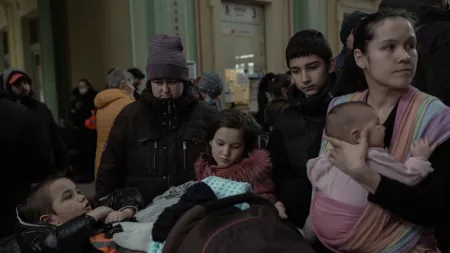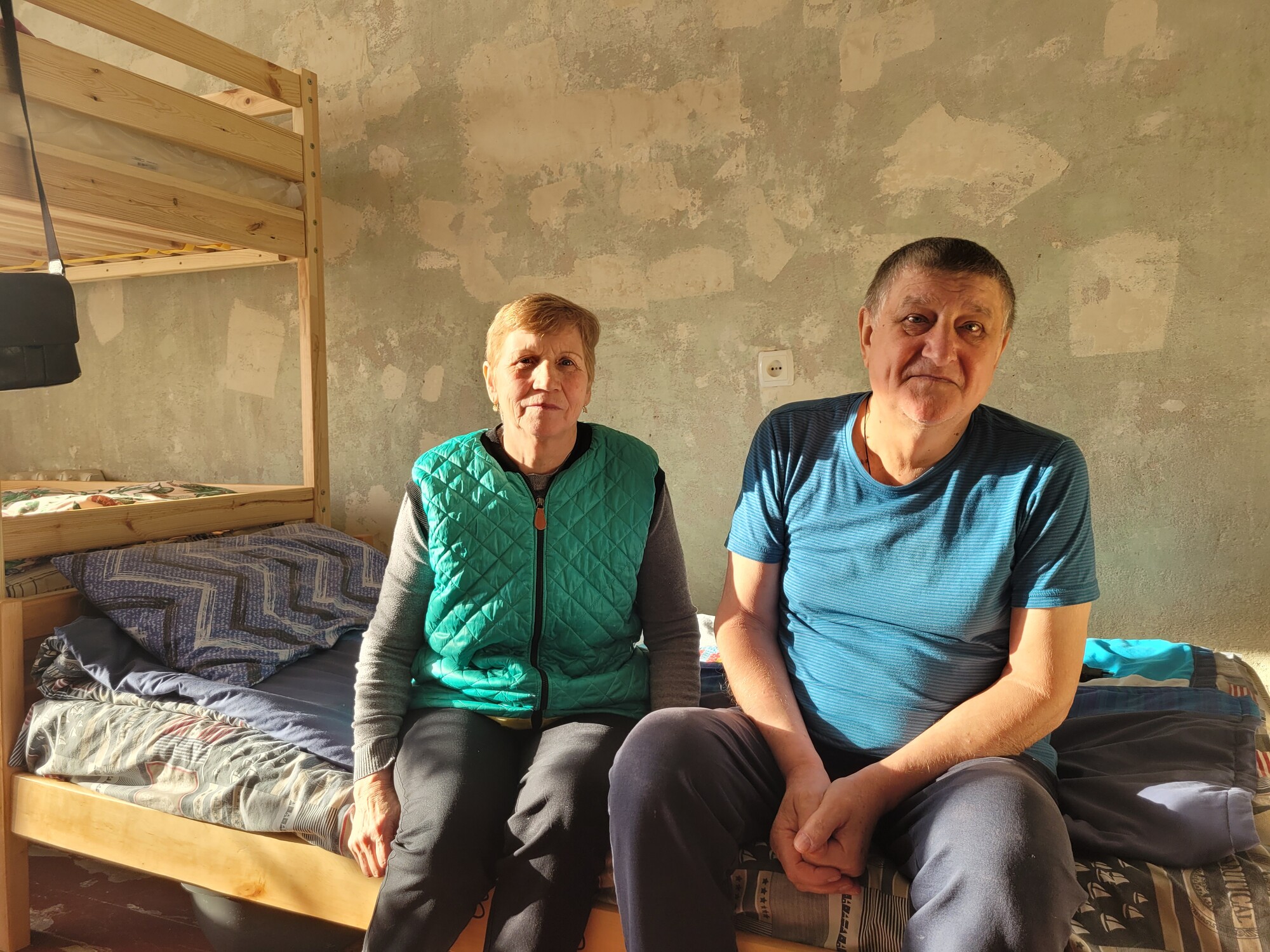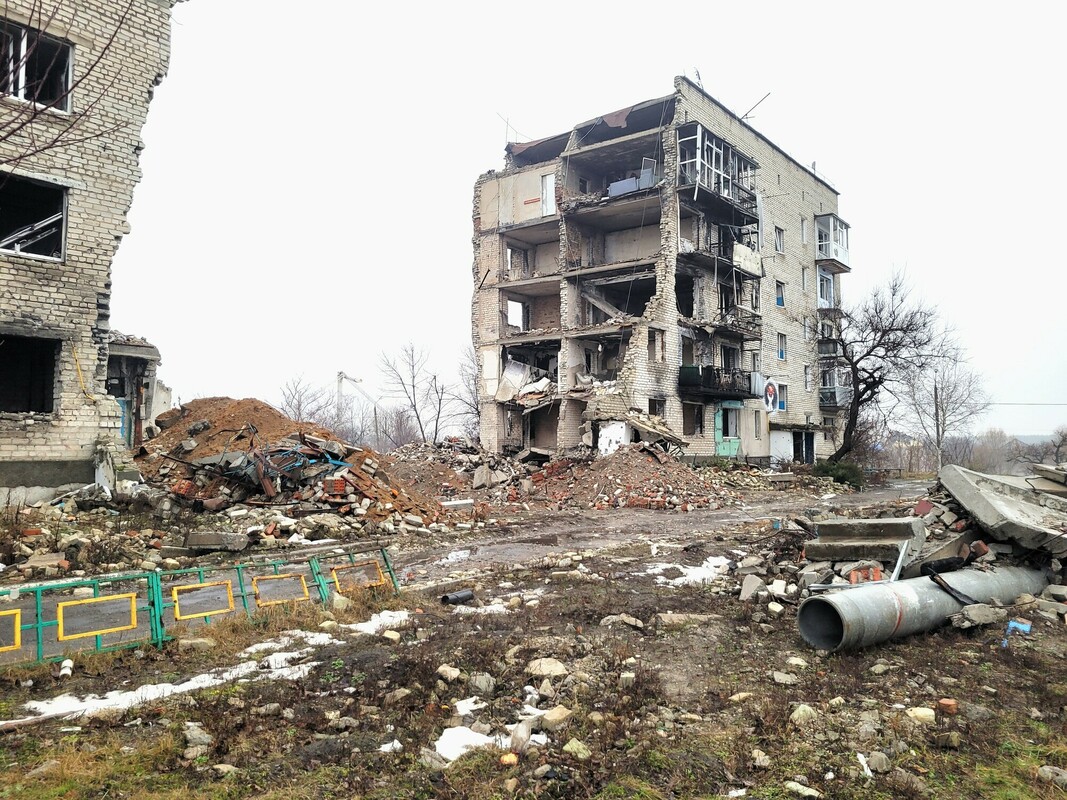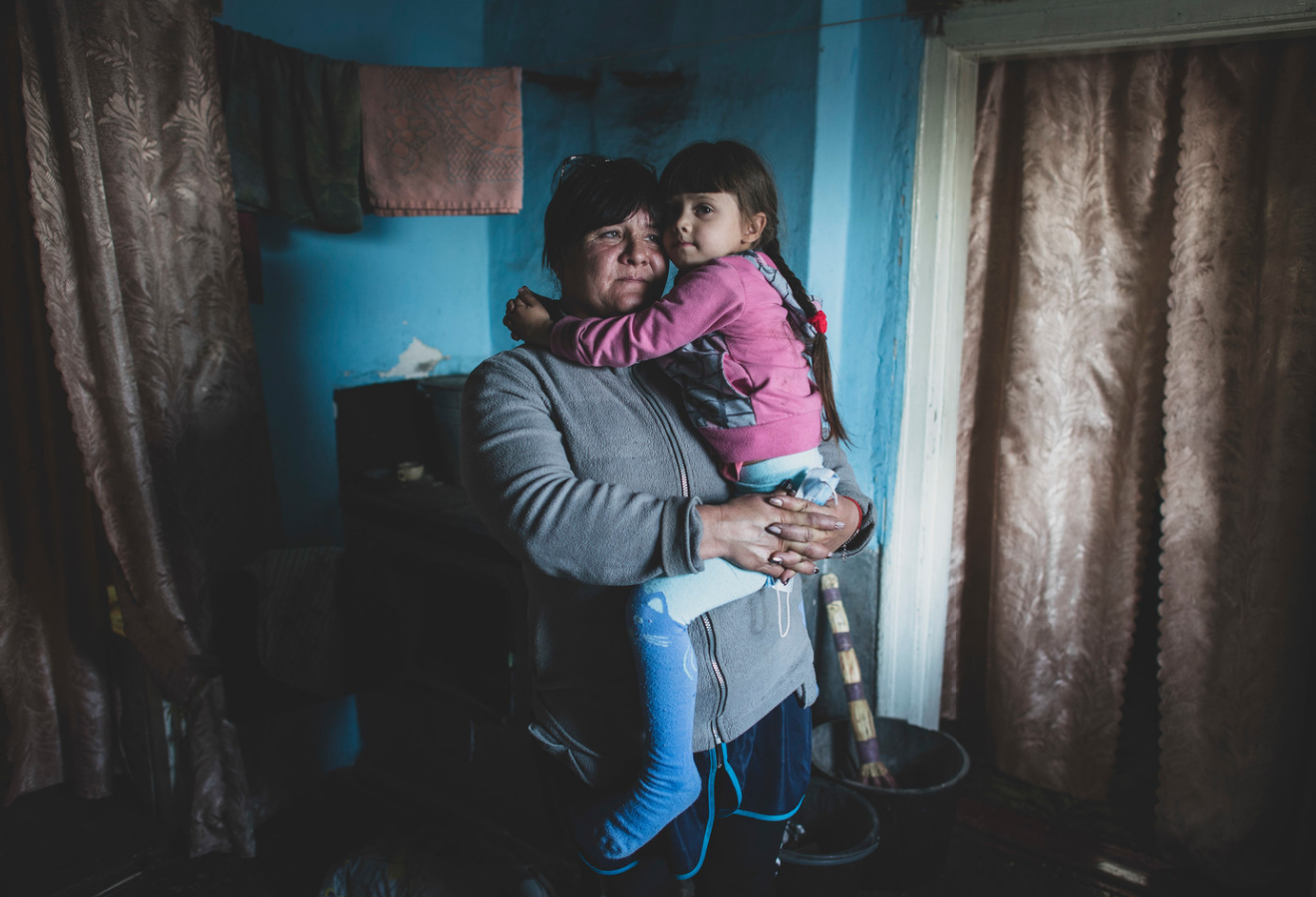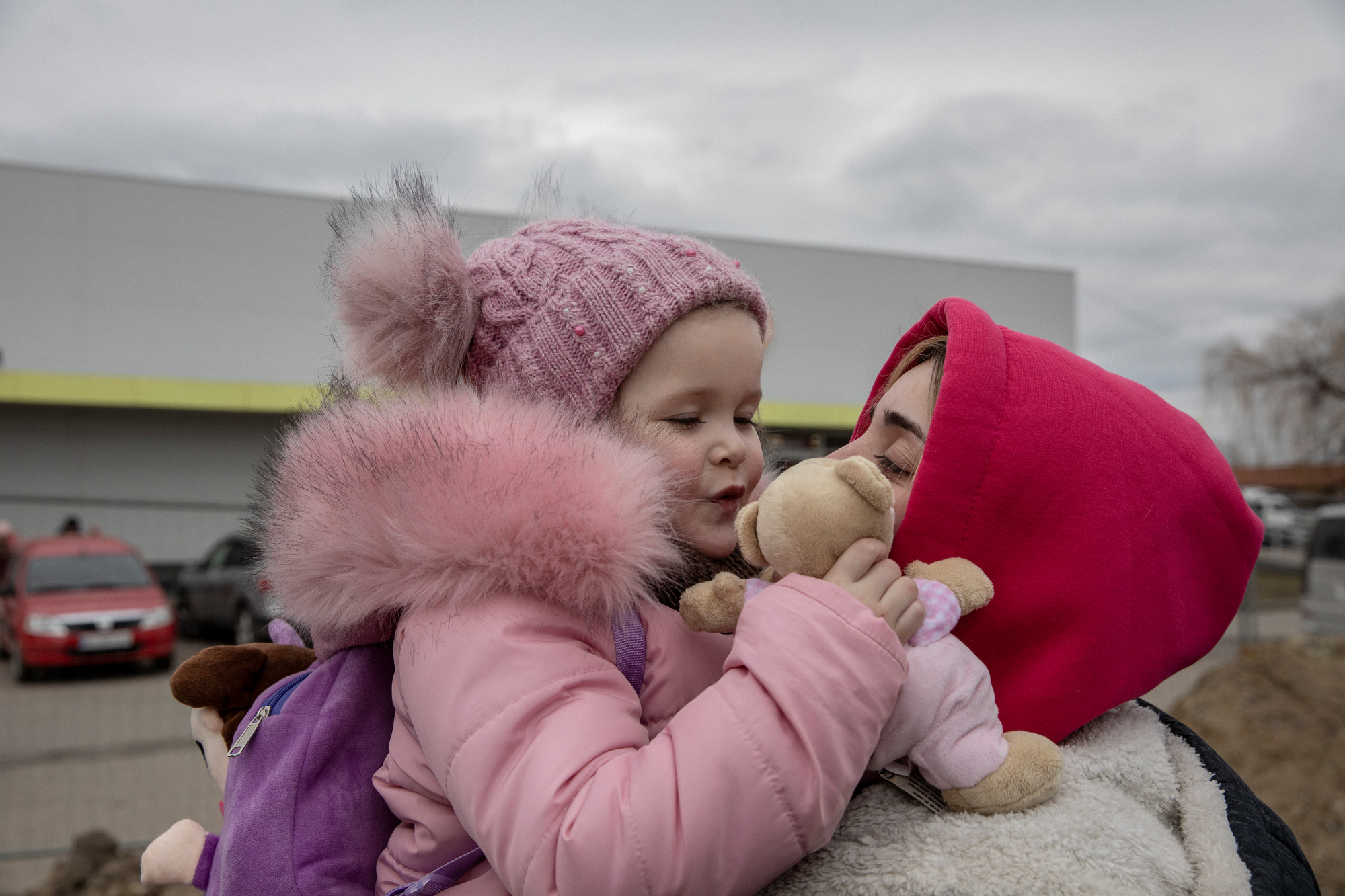What CARE International does in Ukraine
CARE International has worked in Ukraine since 2022 in response to rapidly escalating humanitarian needs due to the escalation of conflict with Russia.
Millions of Ukrainians have fled into neighboring countries like Poland, Romania and Moldova in search of safe shelters. Even prior to the escalation in 2022, years of conflict in the Donetsk and Luhansk regions of eastern Ukraine had left 2.9 million people in need of humanitarian assistance and displaced 1.5 million people from their homes.
CARE International is responding regionally to support internally displaced people in Ukraine and refugees and host communities in neighboring countries.
CARE International is working through partners in Poland, Moldova, Romania, and Ukraine. CARE International and our partners are providing immediate relief and aid in the form of food, shelter, blankets, diapers and hygiene products as well as food, water, cash and psychosocial support.
In Ukraine, CARE International supports partner organizations with a strong track record of development and humanitarian programming in Ukraine. These include CFSSS (Charity Foundation Stabilization Support Services) and IRF (International Renaissance Foundation) as well as four Ukrainian Women’s Rights Organizations to implement programs that support women and other marginalized groups in areas of conflict in Ukraine. CARE’s humanitarian aid inside Ukraine is focused on cash assistance, shelter and non-food items, food security, health (including sexual, reproductive and maternal health) as well as protection. All activities have a strong gender focus.

